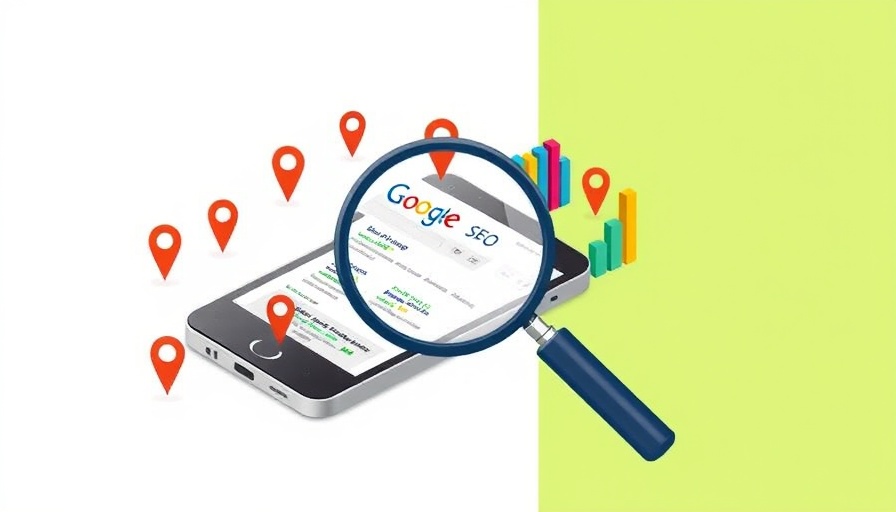
The Importance of Canonical Tags in SEO
In the fast-paced world of digital content, understanding SEO can make or break your online presence. Many businesses face the dilemma of duplicate content, often unintentionally posting the same material on different pages. This misconception was experienced firsthand when a content creator realized that their attempt to cater to both mobile and desktop users led Google to mistakenly view their work as plagiarized. Without utilizing a canonical tag, their website suffered significant ranking drops—a harsh reminder that even the best-intentioned strategies can have unintended consequences.
In Google SEO Mistakes: Avoid Content Stealing with Canonical Tags, the discussion dives into the importance of canonical tags in managing duplicate content, sparking deeper insights on effective SEO strategies.
A Step-by-Step Guide to Using Canonical Tags
Creating an effective SEO strategy requires clarity and intention. Here are three steps to utilize canonical tags effectively:
- Identify Duplicate Content: The first step is to recognize where duplicate content exists. This could be on the same website or across different domains. A simple audit can help pinpoint the variations that confuse search engines.
- Select the Main URL: Once duplicate content is identified, select the primary version of the content—the one you consider the “official” address. This is where you’ll want to direct all search engines and users.
- Add the Canonical Tag: Embed the canonical tag in the HTML header of all variations of the content. This signals to Google which URL should be prioritized in search results, preserving your rankings.
Why Content Authenticity Matters
Having unique content is crucial in establishing authority in your field and attracting an audience that resonates with your brand. Content stealing or the perception of it can lead to serious fallout in trust. By ensuring that your content strategy accounts for SEO best practices, such as canonical tags, you inherently validate your creativity and effort. This is especially relevant for small businesses and bloggers, who might struggle to regain traction once rankings drop.
Real-Life Implications of Ignoring SEO
The real-world ramifications of neglecting SEO can impact not just traffic but your reputation. Consider Sarah, a wellness blogger who published her fitness guides across both her main site and a mobile version. When she discovered her rankings plummeting, it made her rethink her approach. By implementing canonical tags, she not only reclaimed her rankings but learned a valuable lesson about the digital landscape—every detail matters.
Anticipating Future SEO Trends
As Google's algorithms evolve, staying abreast of SEO trends is non-negotiable. Future predictions suggest that search engines will prioritize user experience more heavily, making canonical tagging an even more critical tool in indicating to Google what content is legit and valuable. This reinforces the need for creators to stay vigilant about their SEO practices not just for preserving current rankings but also for competing in an increasingly sophisticated online marketplace.
Final Thoughts: The Power of Canonical Tags
In today’s content-driven world, using canonical tags should be a fundamental part of your SEO toolkit. Understanding and implementing these tags can protect your site from unnecessary penalties, reinforce your content's authenticity, and enhance your overall visibility on search engines. Start taking these steps today to ensure your hard work is recognized and valued.
 Add Row
Add Row  Add
Add 




Write A Comment